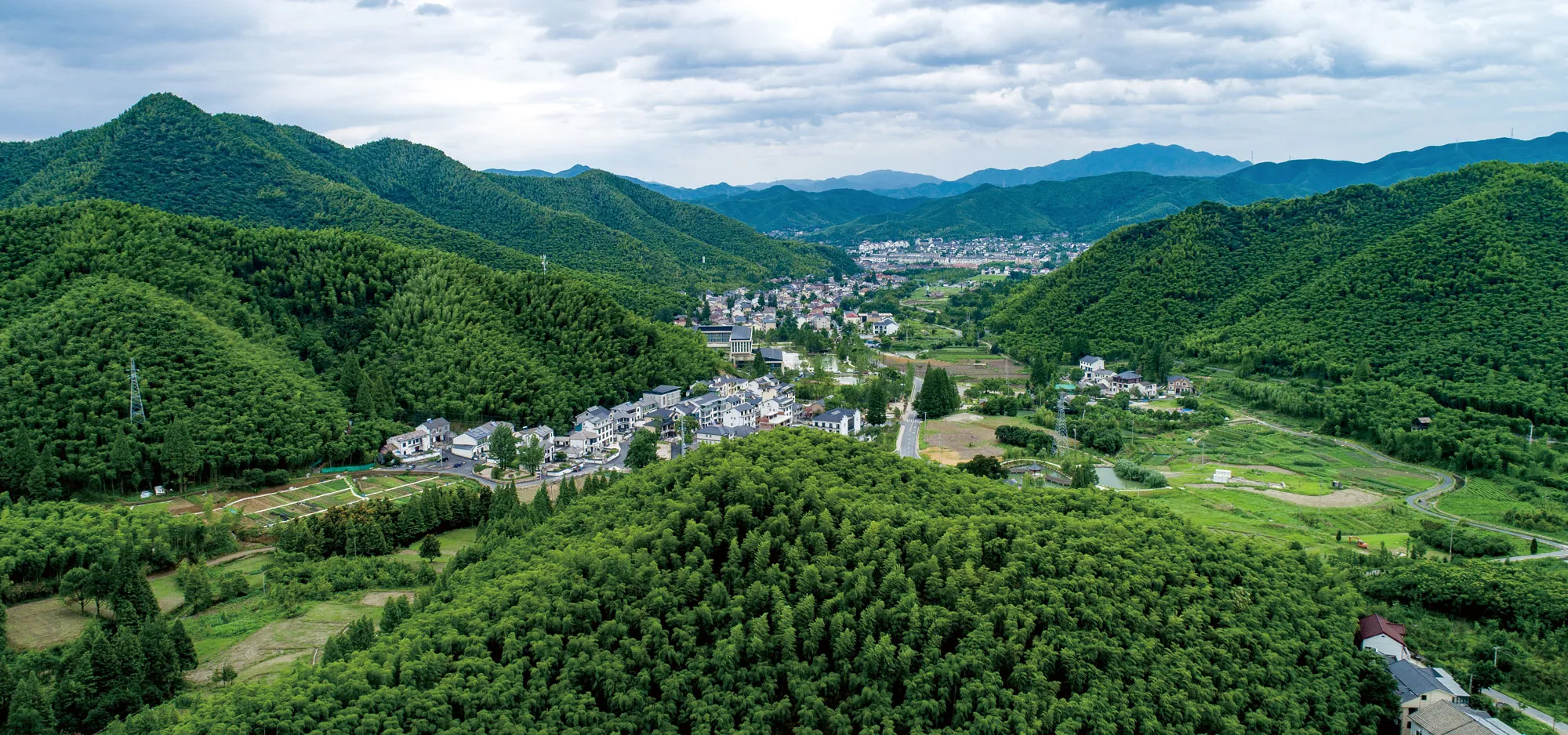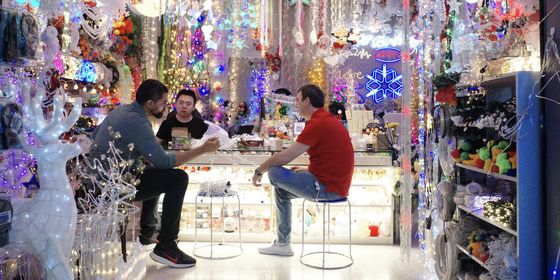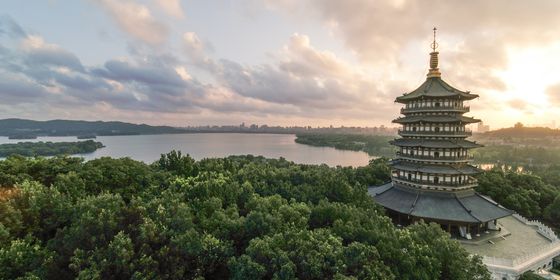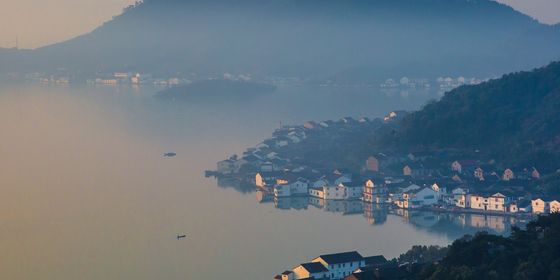How one of China's most polluted villages beat the odds and saved its natural environment as it aimed to set the standards for ecotourism in China.
Pan Chunlin had stopped wearing white shirts. It was the 1990s, and he was a loader at one of Yucun Village’s (余村) mines. “If you go out in a white shirt in the morning, when you come home in the evening, all you can see are two eyeballs,” he recalled to People.cn in 2020. “My mother said, ‘Don’t buy light-colored shirts. I won’t wash them for you.’”
In the 1990s, Yucun villagers became the richest in their county by opening three quarries, three cement factories, a lime kiln, a paper factory, and a chemical factory. Pan recalls that 70 to 80 tractors came and went each day. But the streets and rivers were overflowing with smoke, dust, and sewage, and villagers grew sick.
In 2005, the village government, in what has been called a “miracle of ecological governance,” decided to shut down the enterprises one after another, despite the immediate losses of profit. Their bold move caught the attention of Xi Jinping, then party secretary of Zhejiang province, who visited the village that year and coined the now-ubiquitous environmental protection slogan: “Green water and blue mountains are mountains of gold and silver.”













